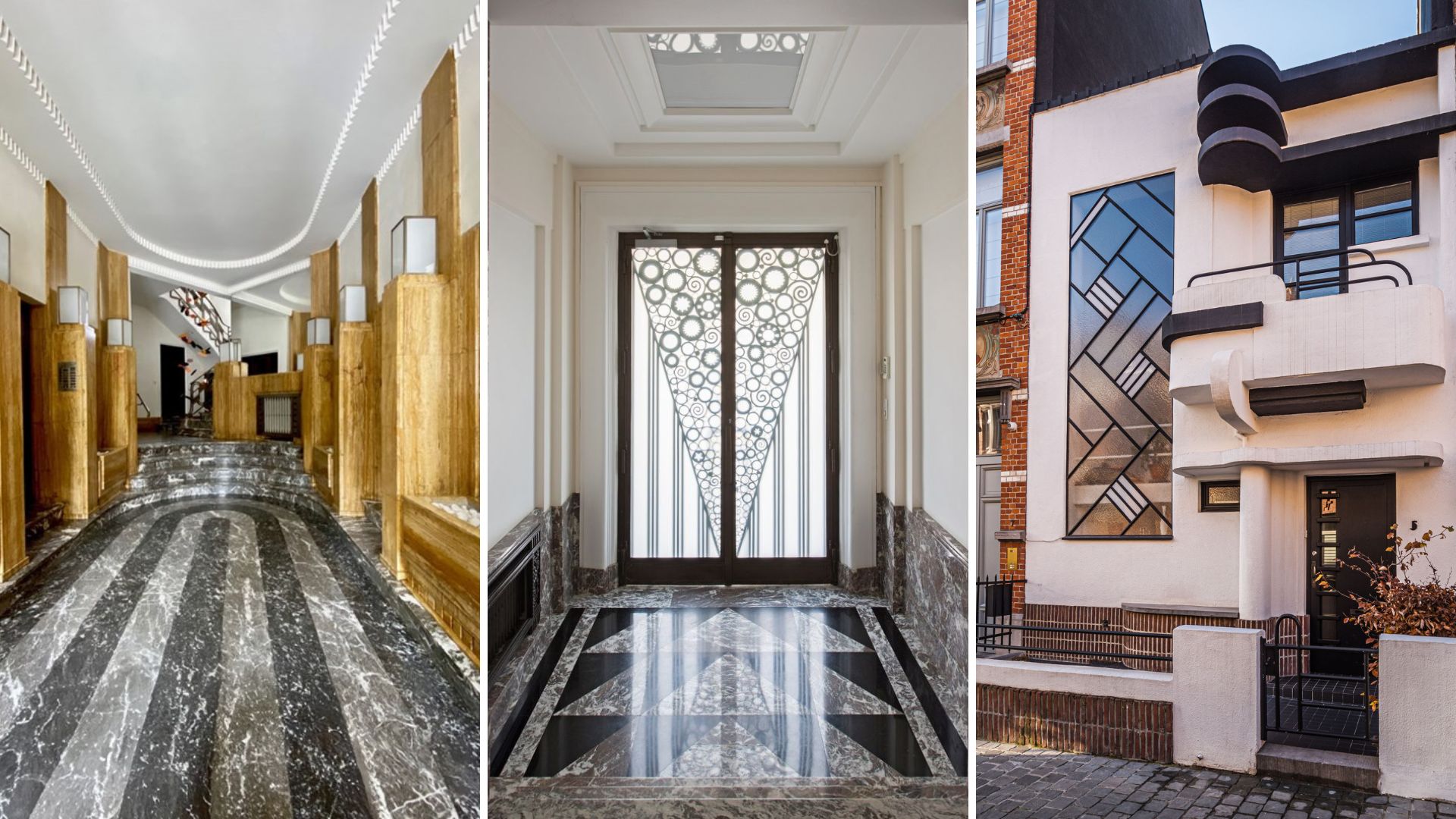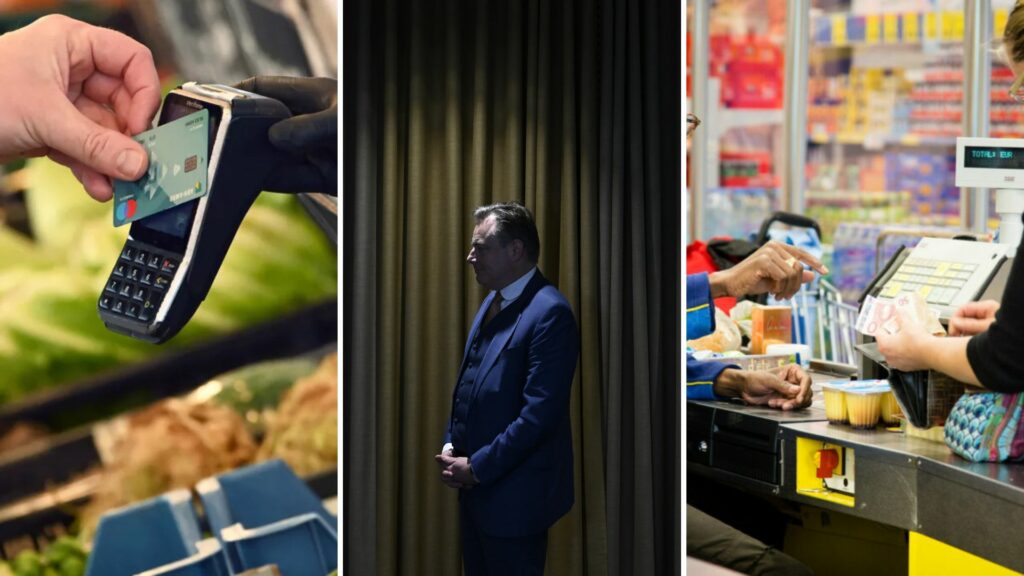Belgium is the only eurozone country – besides Luxembourg – in which both public and private wages (as well as pensions and benefits) are indexed to inflation. This means that employers are required to adjust wages upwards along with the increase in the cost of living.
However, this automatic wage indexation is one of the main sticking points of the Federal Government negotiations between the five 'Arizona' parties (N-VA, CD&V, Vooruit, Les Engagés and MR). As part of formator Bart De Wever's (N-VA) by-now-infamous socioeconomic "supernote," this system might be changed.
In the past, businesses have repeatedly called for the system to be revised, arguing it drives up wages in Belgium – making the country less competitive.
Scrapping the system is entirely out of the question, but the negotiating parties have been stuck on "minor adjustments". Especially Dutch-speaking socialist party Vooruit is against any changes to the scheme.
The main proposal on the table is an adjustment to the timing of the pay rise: public servants should receive the automatic wage indexation just once a year, on 1 January. For around 40% of private sector workers, that pay rise already happens at this set time.
For the others, the calculation is done at different times and sometimes several times a year, depending on the level of inflation (if the index has risen by a certain level). De Wever's proposal would change the calculation, basing it on a 12-month average rather than the four-month period used currently.
Some argue that this adjustment would undermine purchasing power, but others emphasise that making Belgium more competitive should be one of the next Federal Government's priorities. What do you think?
Belgium in Brief
is a free daily roundup of the top stories to get you through your coffee break conversations. To receive it straight to your inbox every day, sign up below:
1. Changing Belgium’s wage indexation: What’s the next government’s plan?
The opposition warned that fiddling with the index could cost workers up to €2,195 annually, while other calculations have showed the impact could be limited. Read more.
2. ‘Roaring Twenties’: What’s happening at the Brussels Art Deco Year 2025?
Exhibitions, guided tours, openings of closed buildings will allow people to be immersed in the decadence of the 'Roaring Twenties'. Read more.

3. Far-right Patriots Network allowed to hold conference in Flemish Parliament this week
"It's a scandal that the Nazi salutes are entering the Flemish Parliament," a Brussels anti-fascist group said in response to the news. Read more.
4. ‘Guinguette’ bars might not open in Brussels parks this summer
The Brussels Region's failure to form a government might mean that the capital's favourite summer staple might not open this summer. Read more.
5. Federal Government negotiations: ‘Brussels sacrificed on Flemish nationalism altar,’ says Lalieux
Outgoing Federal Minister Karine Lalieux called the planned cuts in Brussels' scientific and cultural institutions a clear signal of "contempt for Brussels". Read more.
6. ‘King’ of Brussels nightlife to appear in court for three rapes
Carl De Moncharline, known as the "King" of Brussels nightlife, is accused of raping and sexually abusing three women who were minors at the time. Read more.
7. ‘Club Brugge game is like a final’: Manchester City face shock CL upset
"We only have one option: to win the game," Pep Guardiola said at a press conference on Tuesday before Wednesday's big clash with Club Brugge. Read more.

